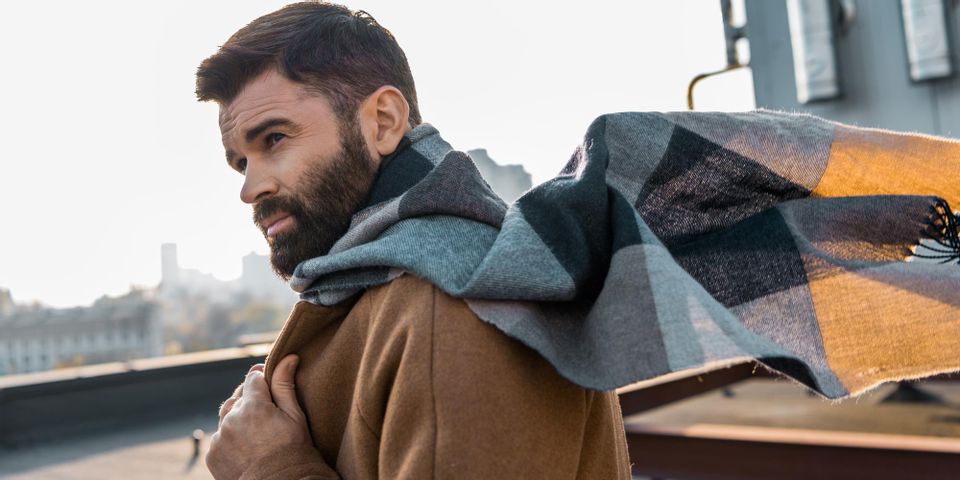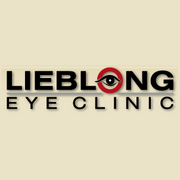
During the winter, people usually focus on defending their bodies from seasonal health threats, such as the common cold or the flu. However, did you know that cold weather can also increase your risk of eye problems? To shed more light on this topic, here are a few common vision issues related to winter, as well as eye care practices that can help address them.
Which Eye Problems Are Linked to Cold Weather?
1. Dryness
When the temperature drops, the air loses its ability to retain moisture. Running a heater makes this problem even worse by drying out the indoor air. As a result, people often develop red, itchy, and dry eyes. To avoid the discomfort, invest in a humidifier that will add moisture to your home. If that’s not enough to help, talk to an optometrist about the potential benefits of medicated drops.
2. Excess Tears
Cold air and high winds increase evaporation, which in turn, can deplete the layer of tears on your cornea. While some may only experience dryness, others may respond to these conditions by producing more tears. To combat excess watering, wear goggles or sunglasses whenever you go outdoors.
3. Conjunctivitis
 With less humidity in the air, viruses have an easier time spreading. Along with increasing your risk of catching a cold or flu, this pattern can also leave you vulnerable to viral conjunctivitis—a type of eye infection that usually requires medicated treatment.
With less humidity in the air, viruses have an easier time spreading. Along with increasing your risk of catching a cold or flu, this pattern can also leave you vulnerable to viral conjunctivitis—a type of eye infection that usually requires medicated treatment.
4. UV Exposure
While the sun may not be out as long during the winter, it can still be harmful to your eyes—especially if you head up north for some snow activities. When the sun hits the snow, the light reflects and exposes you to harmful UV rays. These UV rays can sunburn the eyes—a condition commonly referred to as snow blindness—as well as contribute to macular degeneration. For proper eye care, wear UV-protective sunglasses or goggles whenever you spend time in the snow.
5. Swelling
If you spend extended periods outside in cold weather, especially in below-freezing conditions, the blood vessels in your eyes can constrict. When this happens, you may experience redness and blurriness. To avoid long-term damage, seek shelter from the cold if you notice these problems. If symptoms persist, consult an eye care specialist as soon as possible.
Winter can be tough on vision, but taking care of your sight is easy when you have support from Lieblong Eye Clinic. Led by Dr. Jim Lieblong, this Russellville, AR, vision center is equipped to diagnose and treat many common seasonal issues, including dry eyes and infections. Backed with state-of-the-art resources, this local optometrist also offers comprehensive eye exams to screen for optical diseases and vision problems that may benefit from prescription lenses. To learn more about these eye care services, visit the clinic online. For appointments, call (479) 968-2020.
About the Business
Have a question? Ask the experts!
Send your question

